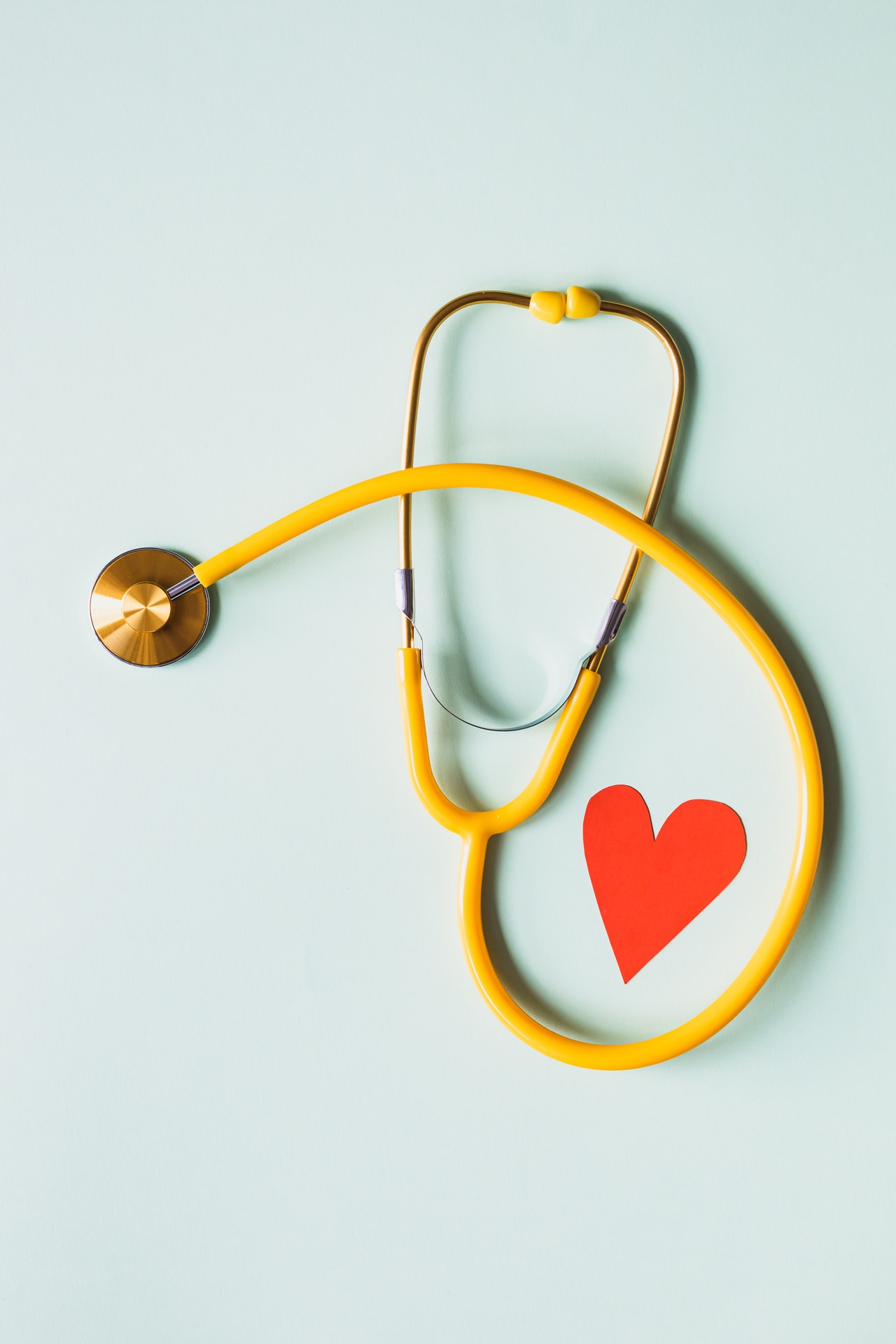Features
Dr. Folasade Alli: What You Need to Know About Heart Palpitations

Have you ever thought about the sound your heart makes? Its rhythmic beat is like a dance party in your body, an important one that keeps you alive and healthy.
Heart palpitations are a feeling like your heart is racing, pounding, or like you have missed heartbeats. You can feel the palpitations in your chest, throat, or neck. You can also think of a palpitation as a “hiccup” for your heart. It beats on schedule, and then hiccup! A brief pause and you’re back to normal. Until it happens again.
For most people, these hiccups happen only once in a while but other people can have dozens of uncomfortable palpitations each day. Some can be so strong they feel like a heart attack. If the palpitations are frequent, it might be good to get your heart checked by a cardiologist.
Symptoms of Heart Palpitation
It can be scary to notice unusual sensations in your chest. If your heart won’t stop pounding, or you feel an irregular heartbeat, does it mean that you are having a heart attack or heart failure?
While palpitations can be a sign of a heart condition, it is best to talk to a doctor for an accurate diagnosis. The truth is that heart palpitations can also be caused by a variety of other health conditions and some symptoms that can be easily ignored such as chest pain, unusual sweating, shortness of breath, loss of consciousness, dizziness or lightheadedness.
Things That Trigger Heart Palpitation
Sometimes, heart palpitations can happen for no reason, other times, they’re brought on by certain triggers, such as stress and anxiety, panic attacks, smoking and nicotine, low blood sugar, low potassium, fever, certain recreational drugs, too much caffeine, exercise.
How to Prevent Heart Palpitations
The reality is that there’s no off switch for heart palpitations. But you can take steps to prevent them from happening like avoiding stress, addressing anxiety, stepping away from stimulants (including coffee), cutting back on cocktails, staying hydrated, exercising regularly.
Also, you can perform certain breathing exercises like the valsalva manoeuvre (where the patient blows into a syringe whilst lying down, face-up, for 15 seconds), which changes the pressure inside the chest cavity and can be effective at stopping your palpitations, particularly if they are persistent. It is important, however, not to ignore your palpitations if you are concerned and to get them assessed by a cardiologist.
What Are the Risks Associated With Palpitations?
The health risks from palpitations very much depend on their cause, so if you are concerned about your palpitations, our cardiologist will recommend an ECG, as well as a continuous heart monitor. An ECG provides an electrical overview of the heart, while the heart monitor would allow your doctor to correlate your symptoms to what’s going on inside your heart. This would help them to try and ascertain the cause of your palpitations and what steps should be taken to alleviate your symptoms.
Do Heart Palpitations Need Treatment?
Palpitations often don’t need any treatment at all; they may be completely benign and can be alleviated by simple lifestyle changes like reducing your consumption of tea, coffee, or alcohol, and getting more exercise. Sometimes, if there is an underlying condition causing the palpitations, this may need further treatment with medications and/or an ablation procedure, particularly if there is diseased tissue in the heart which is contributing to your palpitations.
If these palpitations persist, it is important to visit a cardiologist to seek help and know more about your heart health.
***
Photo by Karolina Grabowska from Pexels






















